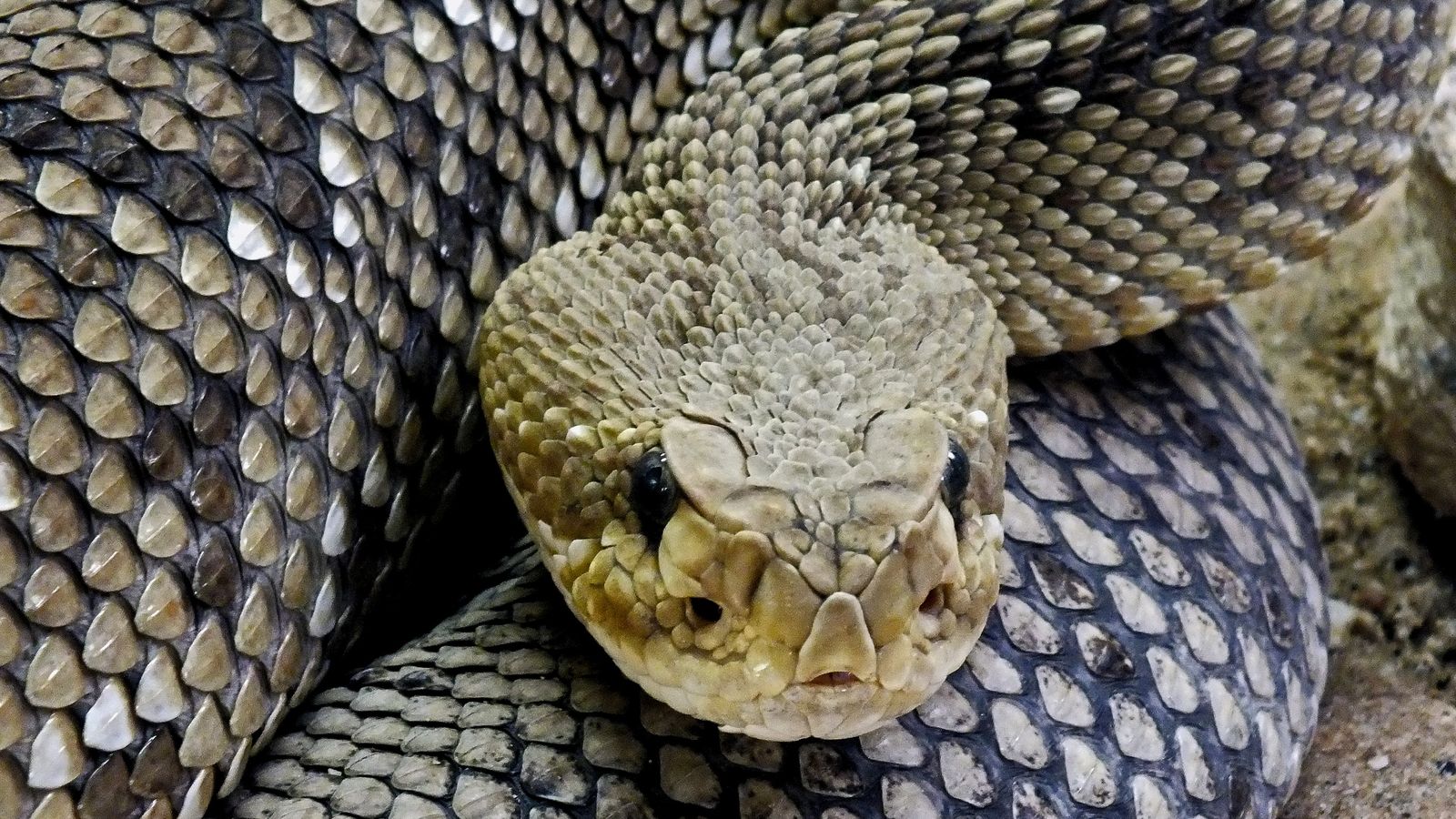Mice and even people could have the potential to become venomous, according to new research.
Scientists have found that the genetic foundation needed for oral venom to evolve is in reptiles and mammals.
The study shows the first evidence of a link between the venom glands in snakes and the salivary glands in mammals.
Study author Agneesh Barua joked: “It definitely gives a whole new meaning to a toxic person.”
In the study, scientists from the Okinawa Institute of Science and Technology Graduate University and the Australian National University looked for genes that work alongside and interact with the venom genes.
They used venom glands from the Taiwan habu snake – a pit viper found in Asia – and identified about 3,000 of these “co-operating” genes, noting they played important roles in protecting the cells from stress caused by producing lots of proteins.
The genomes of other creatures including dogs, chimpanzees and humans were also looked at and researchers found they had their own version of such genes.
The salivary gland tissues had a similar pattern of activity to that seen in snake venom glands – therefore concluding that salivary glands in mammals and venom glands in snakes share an ancient functional core.
Mr Barua said: “Many scientists have intuitively believed this is true, but this is the first real solid evidence for the theory that venom glands evolved from early salivary glands.
“While snakes then went crazy, incorporating many different toxins into their venom and increasing the number of genes involved in producing venom, mammals like shrews produce simpler venom that has a high similarity to saliva.”
Experiments in the 1980s showed that male mice “produce compounds in their saliva that are highly toxic when injected into rats”, he said.
“If under certain ecological conditions, mice that produce more toxic proteins in their saliva have better reproductive success, then in a few thousand years, we might encounter venomous mice.”
If the right ecological conditions ever existed humans also have the potential to become venomous, although those conditions are unlikely, he added.
The research is published in the PNAS journal.
